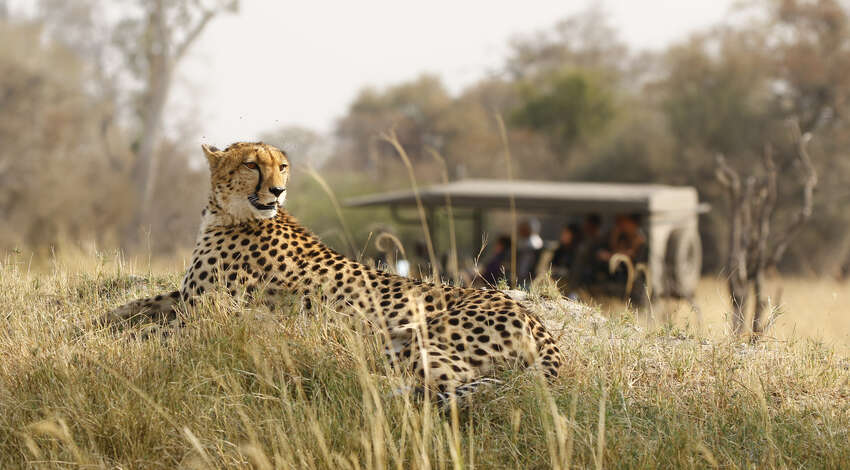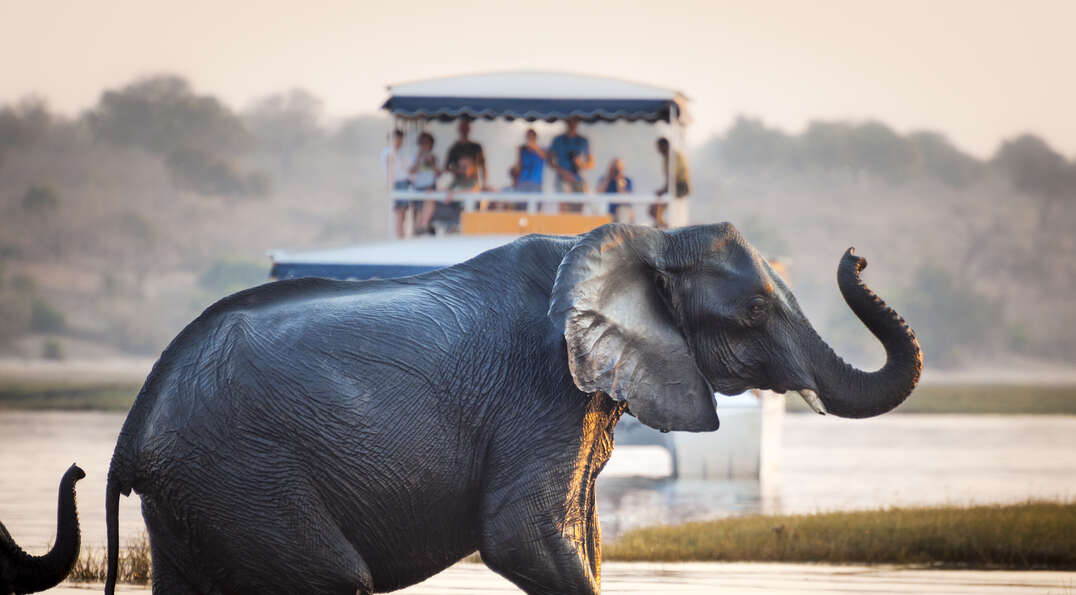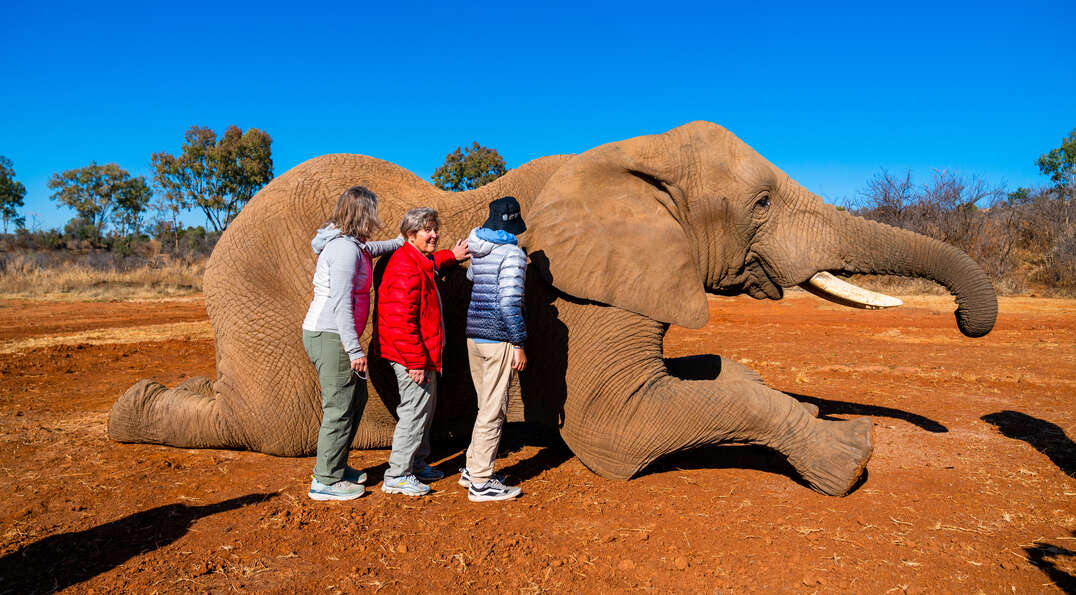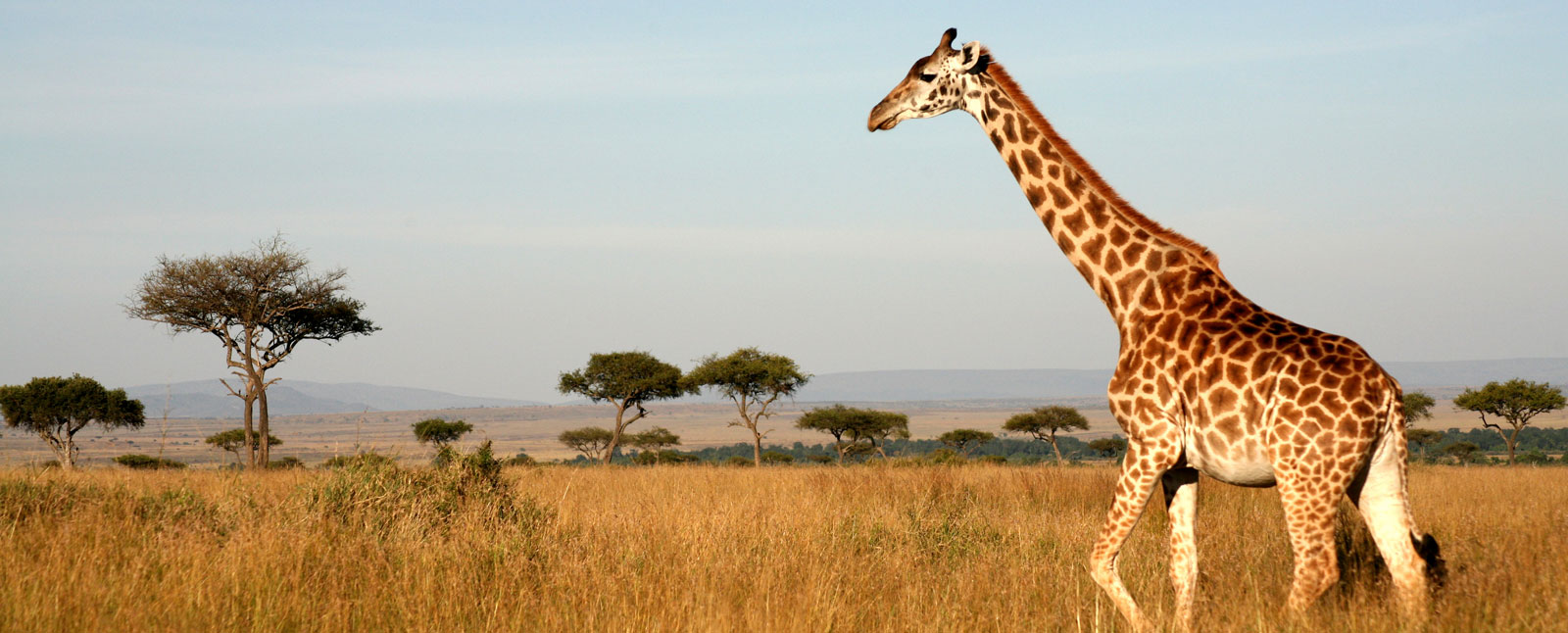The Role of Responsible Wildlife Tourism in Promoting Eco-Conscious Travel
- Responsible wildlife tourism benefits animals and places by prioritizing natural behavior over performances.
- Ethical encounters offer deeper learning and "wow" moments, guided by experts who respect animal welfare.
- Conservation travel supports ecosystems by providing economic incentives for local communities to protect wildlife.
- Sustainable tours ensure positive impact through strict rules on group size and timing, often involving hands-on conservation work.
- Local communities benefit from job creation and revenue that funds schools and clinics, preserving cultural knowledge.

Imagine you’re sitting safely in a safari vehicle, patiently watching in awe the amazing antics of a mother cheetah teaching her cubs the finer points of hunting. She crouches low, waits patiently, then bursts into a sprint. The cubs follow clumsily, tumbling over each other in a blur of fur and excitement.
Much of the time, that’s what true wildlife tourism is about. It's not about snapping the perfect Instagram photo or ticking off a list of sightings, but stepping into nature’s world and witnessing it unfold on its own terms.
What Is Responsible Wildlife Tourism?
Let's be honest. Not all wildlife tourism is created equal. We've all seen those upsetting photos of tourists riding elephants or posing with drugged tigers. That's not what we're talking about here.
Responsible wildlife tourism means traveling in a way that genuinely benefits the animals and places we visit. It's about choosing experiences where animals can be animals: wild, free and behaving naturally. No tricks, no performances, no unnatural interactions.
Would you rather see a dolphin doing tricks in a tank or catch a glimpse of one surfing the waves in the wild?
The best wildlife moments happen when we’re on their turf, not asking them to perform on ours. Watching polar bears stalk the ice or locking eyes with a gorilla in the mist offers the kind of magic you don’t forget.
The Importance of Ethical Animal Encounters
The thing about ethical animal encounters is that they're not just better for the animals (though they definitely are); they're also better for us, too.
When animals behave naturally, we actually learn something real about them. Take whale watching, for example. In the wild, you might see a mother humpback teaching her calf to breach. Compare that to seeing an orca in a concrete tank, and there's simply no contest.
Ethical encounters also create those "wow" moments that stick with you forever. Picture watching a family of orangutans in Borneo's rainforest. The mother is teaching her baby which fruits are safe to eat, gently guiding tiny hands away from the wrong choices.
Good wildlife guides know exactly how close is too close. They understand animal body language and can read the signs when an animal is stressed or uncomfortable. They'll pull back before that happens because they know stressed animals don't behave naturally and natural behavior is what makes these encounters so special.

How Wildlife Conservation Travel Supports Ecosystem Preservation
Wildlife conservation travel puts real money behind conservation efforts, making all the difference. When local communities recognize that protecting wildlife brings in tourism dollars, conservation becomes a smart economic choice, not just an environmental one.
This can often be found in places like Costa Rica, where former poachers now work as nature guides. The same skills that made them successful hunters, including patience, keen observation and deep knowledge of animal behavior, make them incredible teachers. Tourism gave them a way to make a living that protects rather than destroys.
In Kenya, conservancies that welcome tourists generate sufficient revenue to pay local landowners for protecting wildlife habitat. That's a game-changer because it means farmers don't have to choose between making a living and saving elephants. They can do both.
Sustainable Wildlife Tours: Ensuring a Positive Impact on Nature
Sustainable wildlife tours are carefully planned with the intention of being beneficial, not harmful, to nature’s creatures. These tours have strict rules in place regarding group sizes and what time of year visitors are welcomed, ensuring no harm befalls the environment.
Size matters immensely. Ever tried having a quiet conversation in a crowd? Animals feel the same way about large tour groups. Smaller groups mean less noise, less disruption and more opportunities for authentic encounters.
Timing is everything, too. The best sustainable tours work around breeding seasons, migration patterns and other natural cycles. Yes, that might mean you can't visit exactly when it's most convenient for you. But it also means you're more likely to see natural behaviors and less likely to stress the animals you're hoping to encounter.
On many sustainable tours, you'll also have the opportunity to do some real conservation work. You might help plant trees, assist with research, or even join wildlife monitoring efforts.
The Benefits of Responsible Wildlife Tourism for Local Communities
The best wildlife tourism creates jobs that didn't exist before, and not just any jobs, but ones that celebrate local knowledge and expertise.
Local guides are often the heart of great wildlife experiences. They know which watering holes the elephants prefer during dry season, where to find the shyest birds and how to read weather patterns that city folks like us miss completely. Many grew up in these landscapes and learned about wildlife from their grandparents. That's knowledge you can't get from textbooks.
What's great is that tourism revenue actually supports entire communities. It funds schools, teaching kids about conservation alongside their traditional studies. It even supports clinics that are there for both the wildlife rangers and the local families. And it opens up markets for local crafts, foods, and services, helping cultural traditions thrive.

How to Choose Ethical and Sustainable Wildlife Tours
Selecting a good wildlife tour requires asking the right questions. If a tour operator promises you'll definitely see specific animals, be skeptical. Wildlife is wild, which is the whole point.
Look for operators who work with local conservation groups. Ask about their guide training programs, their policies on animal interactions and how they handle wildlife encounters. Good operators take pride in discussing these things. Sketchy ones will give you vague non-answers.
Check their accommodations too. Eco-lodges that employ local staff, source food locally, and use renewable energy demonstrate that they're thinking beyond just the wildlife encounters.
Read reviews carefully, but look beyond "we saw so many animals!" Pay attention to comments regarding guides’ expertise, respect for wildlife and educational value of the experience. The best tours are those that leave a lasting impact, not just for entertainment.
The Future of Responsible Wildlife Tourism
Technology is opening exciting new possibilities for wildlife tourism. Camera traps and GPS collars let us follow animals without disturbing them. Some lodges now offer "virtual tracking" where you can follow collared animals in real-time.
But technology can't replace the thrill of being there, sharing space with wild animals and learning from local experts. It can enhance those experiences and make them more sustainable, but it can't recreate the feeling of elephant breath on your face or the sound of howler monkeys at dawn.
Climate change is also a factor in causing wildlife tourism to adapt. Migration patterns are shifting, breeding seasons are changing and some destinations are becoming inaccessible. The most forward-thinking operators are already adjusting their programs and supporting efforts to adapt to climate change.
Ready to experience the wild world responsibly? Road Scholar's animal & wildlife adventures combine expert instruction with unforgettable encounters in some of Earth's most remarkable places.
Whether you're exploring Yellowstone's ecosystem, tracking lemurs in Madagascar through our wildlife and nature tours or joining our South Africa tours to witness the “Big Five” in their natural habitats, you'll learn from expert naturalists and local guides who bring these landscapes to life.
Your next great learning adventure is waiting, and the planet will be better for your choice.


